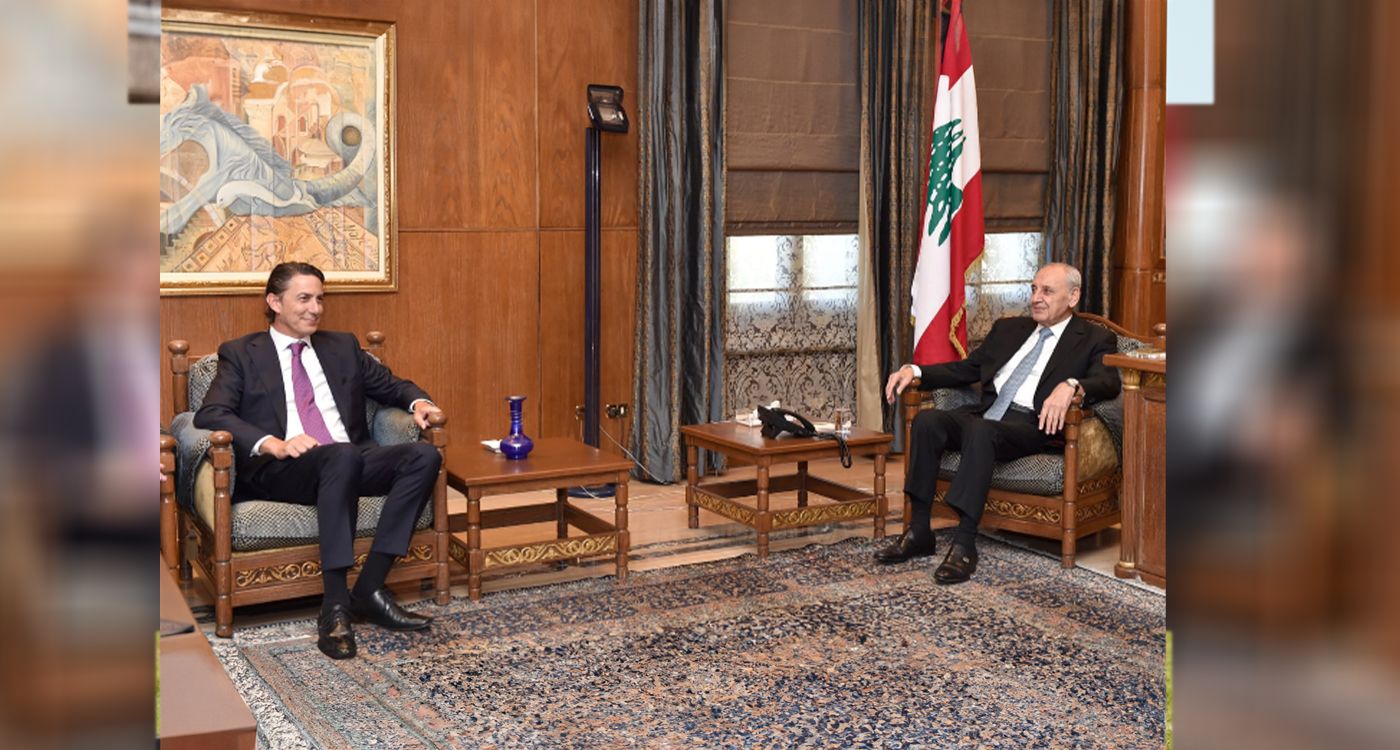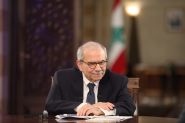
The reported ceasefire negotiations between Hezbollah and Israel are not the first of their kind between Lebanon and Israel, given the indirect involvement of key Lebanese officials like Speaker of Parliament Nabih Berri and caretaker Prime Minister Najib Mikati. However, these talks are the first to take place amid a presidential vacancy that has persisted for over two years.
On December 28, 1982, following Israel's “Operation Peace for Galilee” against Palestine Liberation Organization forces (PLO) forces in Lebanon, direct negotiations were initiated between Lebanon and Israel, with sessions taking place in Khalde, Lebanon, and Kiryat Shmona, Israel. The Lebanese delegation was led by Ambassador Antoine Fattal. These talks culminated in the “May 17 Agreement” on May 17, 1983. At that time, President Amine Gemayel was kept fully informed, as Article 52 of the Lebanese Constitution grants the President the authority to negotiate and ratify international treaties.
More recently, on October 31, 2022, the maritime border demarcation agreement between Lebanon and Israel was approved, with the announcement made from Baabda Palace. President Michel Aoun was closely informed of the negotiation details through Elias Bou Saab, whom he had tasked with overseeing the process.
Negotiations are currently underway regarding a ceasefire and the implementation of Security Council Resolution 1701, set against the backdrop of the ongoing presidential vacuum. The troubling aspect of these talks is that they involve the exchange of ideas and proposals that deviate from the framework established by the Constitution and norms. According to sources, the US proposal on the ceasefire and Resolution 1701 is exclusively in the sole hands of Speaker Nabih Berri, who has forwarded it to Hezbollah, which then shared it with the Iranians.
Caretaker Prime Minister Najib Mikati does not have a copy of this document. Instead, US Ambassador Lisa Johnson briefed him on its contents. Similarly, caretaker Minister of Foreign Affairs Abdallah Bou Habib has neither seen the document nor been informed about it.
Sources indicated that Mikati has deliberately distanced himself from the negotiations over this proposal, fearing accusations of betrayal if any agreements or understandings are reached that Hezbollah does not approve of. The ongoing process has been described as a “Shiite-to-Shiite” negotiation, excluding other political factions in the country. These factions have either chosen to stay away or have been sidelined by the prevailing powers, amidst a reluctance to allow a President to participate in the talks.



Comments